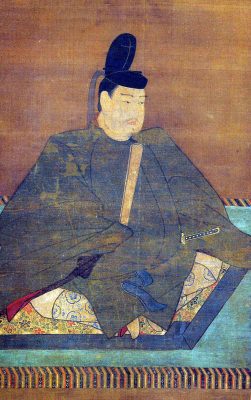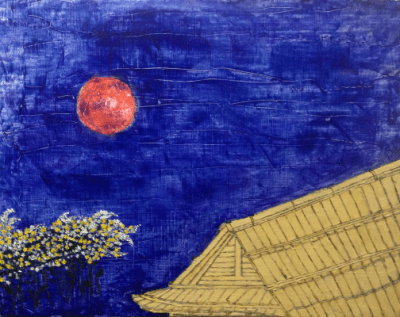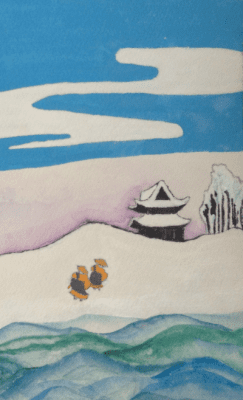Japanese Buddhism and poetry under Emperor Shōmu in 8th century Nara
Lee Jay Walker
Modern Tokyo Times

The Nara Period in eighth-century Japan is the cradle of Japanese high culture. Hence, it is fitting that Emperor Shōmu bestowed great privilege to cementing the Buddhist faith to a higher level during his reign.
Emperor Shōmu was born in 701 and became the Emperor of Japan between 724-749. Unlike the male political conservatism of modern Japan that refuses to accept a female Empress, Emperor Shōmu abdicated in favor of his daughter Princess Takano who became Empress Kōken.
Buddhism was the prevailing continuity of the life of Emperor Shōmu. Thus, after his abdication, Shōmu became the first emperor to retire and become a Buddhist holy priest.

He declared himself to be a holy disciple of the three jewels concerning Buddhism. This relates to the Buddha, the Dharma, and the Sangha. Therefore, Emperor Shōmu was guided by these ideals during his reign and after the emperor abdicated to become a Buddhist priest.
The poet Yamabe no Akahito composed poems during the journeys of Emperor Shōmu. Hence, Yamabe provides unique glimpses into the world of the emperor. Similarly, carefully chosen words express the richness of Nara culture and the flows of Buddhism that meant so much to Emperor Shōmu.
Yamabe in a lovely poem wrote:
Heaven and earth:
Since the time they parted,
Of manifest divinity,
Reaching the heights of awe,
In Suruga stands
The high peak of Fuji;
The field of heaven:
On gazing at the distant sight
The coursing sun
Light is blocked and
The shining moon
Light goes unseen;
The white clouds, too,
Shrink from passing by as
Ceaselessly
Snow falls:
From mouth to mouth will pass the word,
Traveling and speaking
Of the peak of Fuji.

One can only imagine the holy Buddhist temples and Shinto shrines that Emperor Shōmu and Yamabe witnessed – where the centrality of faith was all-pervasive for the emperor. Therefore, the rich poetry of Yamabe takes you to his world.
Yamabe delightfully wrote:
On Abe Island’s beaches
Where cormorants dwell
Waves pound
Never ceasing at this time
I think on Yamato.
Overall, the legacy of Emperor Shōmu is enormous. Thus, the poet Yamabe brings the joy of the emperor’s travels to readers throughout the centuries. Therefore, the legacy of the Nara Period and the influence of Buddhism under Emperor Shōmu remains vivid today – just like it did all those centuries ago.
http://fineartamerica.com/profiles/sawako-utsumi.html – Sawako Utsumi and where you can buy her art, postcards, bags, and other products. Also, individuals can contact her for individual requests. – SECOND AND THIRD ART BY SAWAKO UTSUMI
https://fineartamerica.com/featured/radiant-nightfall-moon-in-old-japan-sawako-utsumi.html
http://www.wakapoetry.net/mys-iii-317/
http://www.wakapoetry.net/mys-iii-359/

PLEASE DONATE TO HELP MODERN TOKYO TIMES
Modern Tokyo News is part of the Modern Tokyo Times group
DONATIONS to SUPPORT MODERN TOKYO TIMES – please pay PayPal and DONATE to sawakoart@gmail.com
http://moderntokyotimes.com Modern Tokyo Times – International News and Japan News
https://www.pinterest.co.uk/moderntokyotimes/ Modern Tokyo Times is now on PINTEREST
http://sawakoart.com – Sawako Utsumi personal website and Modern Tokyo Times artist
https://moderntokyonews.com Modern Tokyo News – Tokyo News and International News
PLEASE JOIN ON TWITTER
https://twitter.com/MTT_News Modern Tokyo Times
PLEASE JOIN ON FACEBOOK